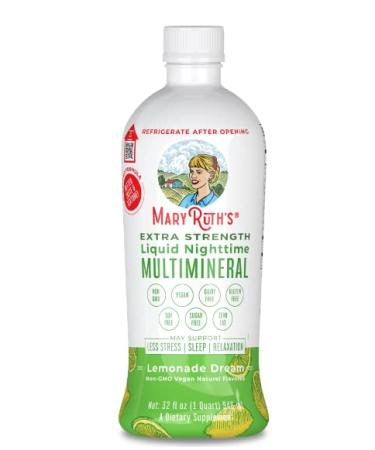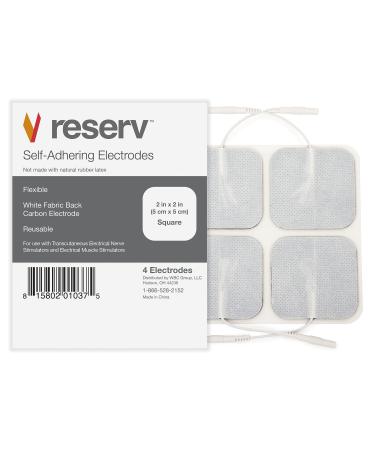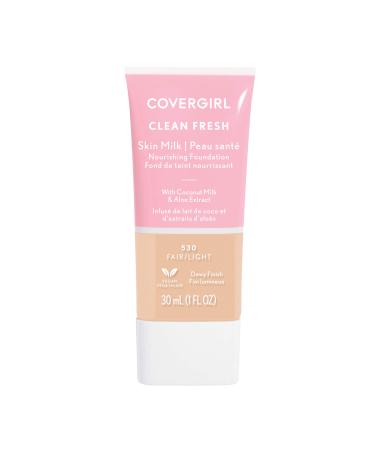Balpinari Extracted Flower Honey (Tin Package) 1 kg
Natural honey varieties carry the characteristics of the flowers from which they are produced and the aroma of their nectar. Bees produce honey with different aroma intensities and humidity levels based on the nectar and pollen of different flowers they collect during their dispersal and the altitudes where these flower species grow. Therefore, when classifying natural honey, the most accurate classification method is to base the honeybees' range on the vegetation, or flora, and altitude of the region.
Honeybees collect nectar and pollen from trees and other plant flowers. After enriching their composition with the invertase enzyme secreted by the honeybees, they store the honey in cells. The moisture content is reduced and the honey is matured, completing the formation of natural bee honey.
Pasteurization and ultra-filtration methods can remove pollen from honey. This can cause the honey to lose many of its beneficial properties.
As Yayla Balpinari Gida, we offer unprocessed, natural, and additive-free honey in its raw form, categorized according to the flora and altitude where it is produced, and presented to consumers.
Nutritional Values of Natural HoneyHoney It consists of minerals such as natural glucose, natural fructose, iron, calcium, phosphate, sodium, chloride, potassium, and magnesium. It is also a very rich food source of vitamins B1, B2, B3, B5, and B6.
100 grams of honey contains 304 calories.
1 serving (5 g) of honey contains 15 calories. 1 tablespoon (21 g) of honey contains 64 calories.
100 grams of honey contains 82.4 grams of carbohydrates, 0.38 grams of protein, and 0.2 grams of fiber.In the Aegean, Central, and Eastern Anatolia Regions of our beautiful Anatolia - far from settlements, agricultural lands, and pesticides Our honey, obtained from mountain, plateau, and plain flowers—a region rich in plant diversity—is centrifuged under controlled conditions within the framework of the Quality Management System. After their purity is tested through laboratory analyses and their compliance with the TGK Honey Communiqué is determined, they are packaged under hygienic conditions and offered for consumption.
Balpinari Extracted Flower Honey is natural, so it may crystallize over time. This does not mean the honey has spoiled. Crystallized honey can be consumed as is or by dissolving it in water below 45 C using a bain-marie method. Honey should be stored at 18-24 C. The temperature at which the risk of crystallization is highest in honey is between 7-18 C.Crystallization does not occur at temperatures between 24 and 27 C, but spoilage due to fermentation is possible. The containers in which the honey is stored, ambient humidity, airflow, heat, and light also affect crystallization.After applying a basic classification of honey according to its source as Flower and Secretion Honey, we further classify Flower Honey according to its altitude as Plateau Honey and High Plateau Honey. Flower Honeys are classified as Multiflora, Poliflora, and Monoflora Honeys based on the diversity and density of the flora. Based on the nectar source, we also package our Monoflora (Single Flower) Honeys as raw honeys, such as: Helichrysum, Lavender, Linden, Incense (Syringa), Blackthorn, Chaste Tree, Thyme, Chaste Tree, Blackthorn, Thistle, Carob, St. John's Wort, Rhododendron, Citrus, and Eucalyptus Honeys, and present them to our customers.
According to consumer preferences225 grams of Balpinari Flower Honey400 grams of Balpinari Flower Honey (Snap-on, Squeezed)460 grams of Balpinari Flower Honey850 grams of Balpinari Flower Honey1000 grams of Balpinari Flower Honey are available in glass and PET packaging, as well asEDT For Out-of-Home Consumption1000 grams of Balpinari Flower Honey2000 grams of Balpinari Flower Honey5 Kilograms of Balpinari Flower Honey20 Kilograms of Balpinari Flower Honey25 Kilograms of Balpinari Flower HoneyPET, plastic, and tin packaging options are available.













